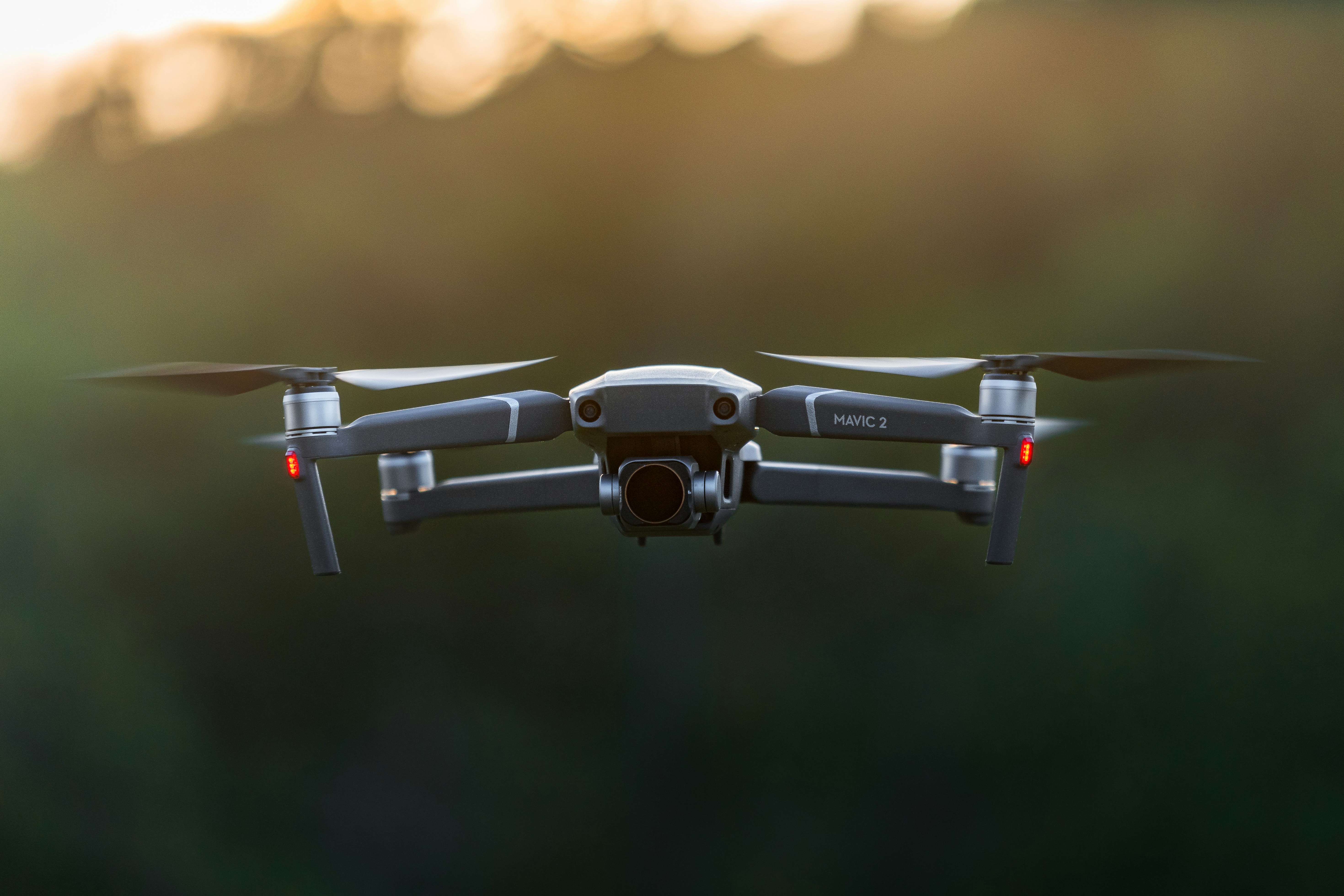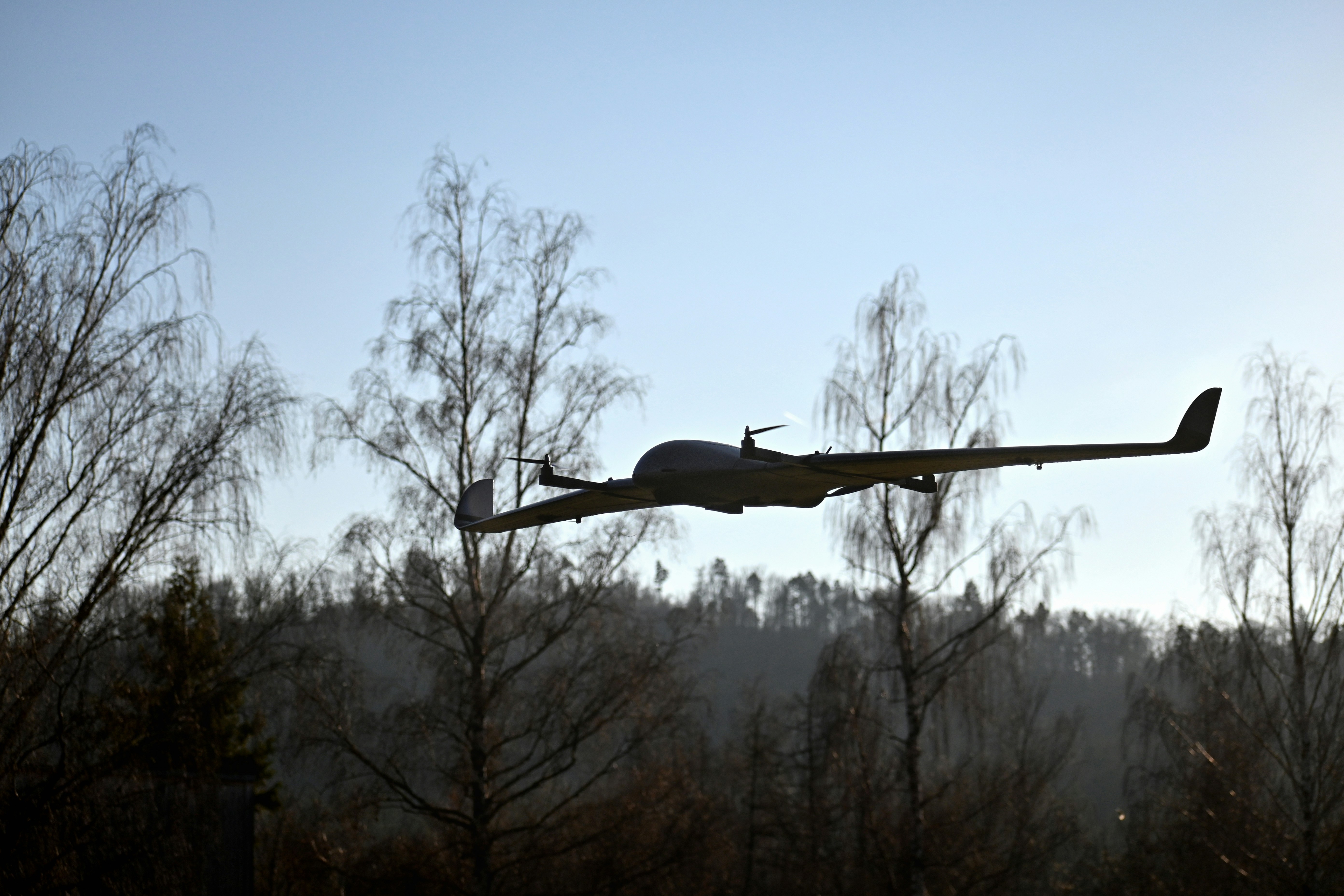Our prestigious client whose expertise in GPR Surveys Topographical surveys and measured building surveys is seeking a surveyor for its office based in the southeast. The company provides the usual prerequisites expected such as a vehicle, expenses and fist class access to equipment and technology.
Topographic Surveyor – Environmental & Geospatial Applications
Department:
Geospatial Research / Environmental Surveying / Urban Analytics
Reports To:
Lead Geospatial Analyst / Project Manager / Environmental Data Coordinator
Job Purpose:
To conduct accurate and detailed topographic surveys for environmental studies, archaeological mapping, urban planning, or utility infrastructure documentation using geospatial technologies such as GPS, total stations, drones, and GIS tools. The role supports data-driven decision-making in non-engineering contexts.
Key Responsibilities:
Conduct topographic and geospatial surveys in varied terrain for environmental, archaeological, or urban studies.
Operate GNSS equipment, total stations, drones (UAVs), and digital levels to gather accurate spatial data.
Process and analyse survey data using GIS and CAD software to create maps, digital elevation models (DEMs), and 3D terrain representations.
Work closely with environmental scientists, archaeologists, planners, and GIS specialists to provide tailored geospatial outputs.
Ensure data accuracy, completeness, and compliance with project standards.
Document fieldwork procedures and findings, including metadata and quality assurance protocols.
Manage and maintain survey instruments and related field equipment.
Travel to various sites and work in outdoor conditions when required. Required Qualifications:
Degree or diploma in Geomatics, Geography, Surveying, Geospatial Science, Environmental Science, or a related field.
Proven experience in topographic surveying outside construction contexts (e.g., environmental monitoring, archaeological mapping, or utility surveys).
Certification or training in UAV operation (if applicable). Essential Skills & Competencies:
Proficiency with GNSS and total station equipment.
Strong knowledge of GIS software (e.g., ArcGIS, QGIS) and CAD tools (e.g., AutoCAD Civil 3D, MicroStation).
Experience with data processing software such as Trimble Business Centre, Leica Geo Office, or Pix4D (for photogrammetry).
Attention to detail and a commitment to high-quality spatial data.
Strong organizational and reporting skills.
Ability to work independently and collaboratively in multidisciplinary teams.
Flexibility to work in remote or challenging outdoor environments. Preferred Experience (Optional but Advantageous):
Experience in LiDAR data acquisition and processing.
Familiarity with ecological surveys, archaeological site mapping, or municipal planning datasets.
Knowledge of metadata standards and spatial data infrastructure (SDI).
Background in photogrammetry or drone-based data capture. Work Environment:
Field-based work in diverse environments, combined with office-based data processing.
May involve travel to remote or protected areas depending on project focus


